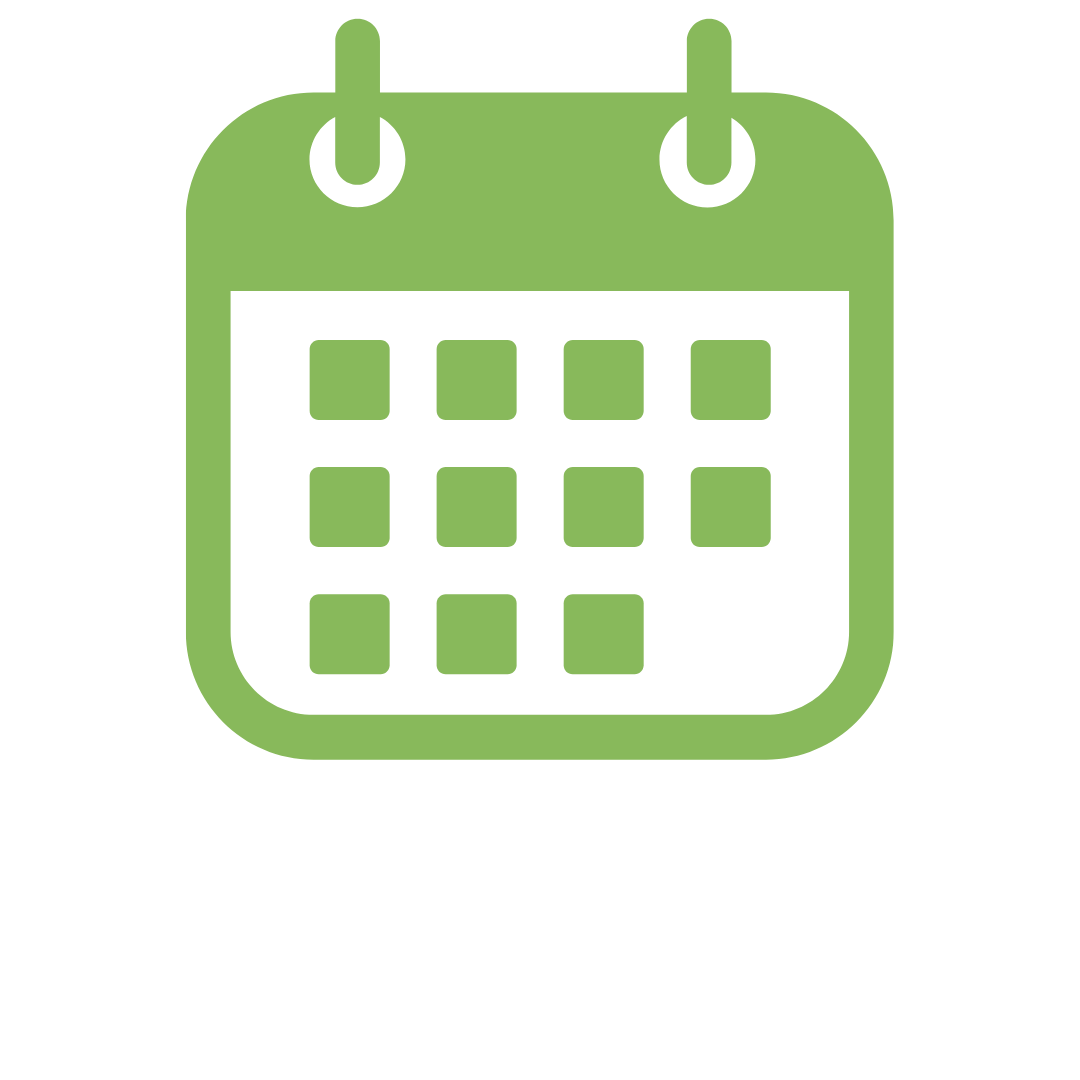Drug Use, Abuse, Dependence and Associated Conditions Coding
Instructor
Amanda Register, RHIT, CCS, CDIPDescription
Drug Use, Abuse, and Dependence Coding is an online, self-paced course for inpatient, outpatient, and professional fee coders who assign ICD-10-CM diagnosis codes for substance-related conditions. This course reviews the clinical and documentation differences among drug use, abuse, and dependence and explains how those distinctions affect code selection and sequencing. Coders will learn how to apply ICD-10-CM guidelines, navigate code hierarchies, identify reportable complications, and determine the correct principal diagnosis in drug-related cases. The course includes 1 AHIMA CEU and helps coders code substance use disorders with greater accuracy, consistency, and confidence.
Included Lessons:
- Drug Use, Abuse, and Dependence Introduction
- Complications Associated with Drug Use, Abuse, or Dependence
- Psychoactive Drug Use
- Drug Use, Abuse, and Dependence Code Hierarchy
- Some Associated Complications and Definitions
- Principal Diagnosis Selection of Drug Use, Abuse, and Dependence
- What Does "Physical" Disorder Refer To?
- Remission vs Drug History and Other References
- ICD-10-CM New/Revised Codes: Cannabis Dependence and Cannabis Use with Withdrawal
- Substance Abuse Therapy
- Summary
Key Takeaways
- In-Depth Knowledge of Drug-Related Conditions: A thorough understanding of drug use, abuse, dependence, and associated conditions, including their distinct coding requirements and categories.
- Documentation Expertise: The ability to decipher and work with healthcare provider documentation effectively, ensuring accurate code selection and sequencing.
- ICD-10-CM Mastery: Proficiency in using ICD-10-CM codes and guidelines specifically related to substance use and dependence disorders.
- Complications Recognition: The capability to identify and code complications associated with drug use, abuse, or dependence, such as delirium, perceptual disturbance, mood disorders, and withdrawal symptoms.
- Principle Diagnosis Selection: The skill to appropriately select the principal diagnosis based on the circumstances of patient admission, whether it involves detoxification, rehabilitation, or treatment of a physical complaint related to substance use.
- Understanding of Code Hierarchies: Knowledge of how to choose the most suitable code when there is documentation of multiple aspects of drug use, abuse, and dependence for the same substance.
- Interpretation of "Physical" Disorder: A clear understanding of when the term "physical" disorder applies in the context of substance use, abuse, and dependence coding.
- Differentiation Between Remission and Drug History: The ability to distinguish between coding for drug remission and drug history, especially in cases of nicotine dependence.
- Substance Abuse Therapy Coding: Proficiency in coding detoxification and rehabilitation services, including the use of medications for withdrawal management.
- Comprehensive Knowledge of Associated Complications: Familiarity with various complications, such as intoxication delirium, perceptual disturbance, drug-induced mood disorders, and drug-induced psychotic disorders, related to substance use and dependence.
Benefits of Taking this Course
- Enhanced Expertise
- Specialized Knowledge in Drug-Related Coding
- Accurate Coding
- Compliance Adherence
- Increased Confidence
FAQs
What will I learn about coding drug use, abuse, and dependence in ICD-10-CM?
This course explains how ICD-10-CM distinguishes between drug use, abuse, and dependence and how to assign the correct diagnosis codes based on provider documentation. You’ll learn how these terms are defined in the guidelines, how they differ clinically, and how to apply the hierarchy rules when more than one is documented.
How does the course help coders apply sequencing rules when drug-related conditions are present?
The course reviews ICD-10-CM sequencing guidance for drug use, abuse, and dependence, including how to code associated conditions such as intoxication, withdrawal, or drug-induced disorders. You’ll learn how to determine which diagnosis is reported first and how additional codes are used to fully capture the clinical scenario.
Will this course improve my ability to interpret documentation and avoid common drug-related coding errors?
Yes. The course highlights common documentation challenges, such as conflicting terminology or unclear provider language, and shows how to apply ICD-10-CM rules when documentation is incomplete or overlapping. You’ll learn when a query may be appropriate and how to ensure compliant, defensible coding for substance-related conditions.
About Our Medical Coding Courses
HIAlearn, powered by Health Information Associates (HIA)—a leader in medical coding and auditing for more than three decades—offers a flexible, online education platform designed for today’s coders. With a growing catalog of AHIMA and AAPC-approved coding courses, HIAlearn supports both beginners and experienced coders looking to build confidence, accuracy, and CEU credits.
Courses are available across various coding types including CPT, E/M, ICD-10-CM, and ICD-10-PCS, and are designed for multiple specialties including inpatient, outpatient, profee, and CDI.
To stay up to date, coders can explore our Coding Updates hub for the latest ICD-10-CM, ICD-10-PCS, CPT, and IPPS changes. HIAlearn also supports organizations with group discounts and scalable team access, promoting accuracy, compliance, and continuous professional development across departments.
Overview



Code Type
Keep learning with more medical coding courses from HIAlearn.
Psychotherapy
Connects behavioral health coding by linking psychotherapy services with coding for drug use, abuse, and dependence, helping coders accurately identify and sequence mental health and substance-related treatment diagnoses.
Shock Diagnosis Coding in ICD‑10‑CM
Helps identify and code shock types (e.g., toxic or hypovolemic) that can occur during overdose or acute drug-related emergencies.
Specificity Coding in ICD‑10‑CM
Strengthens your ability to choose the most precise codes—vital when coding for specific substances, use patterns, and related disorders.


